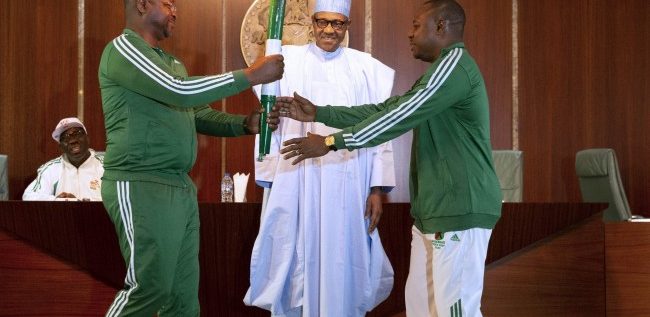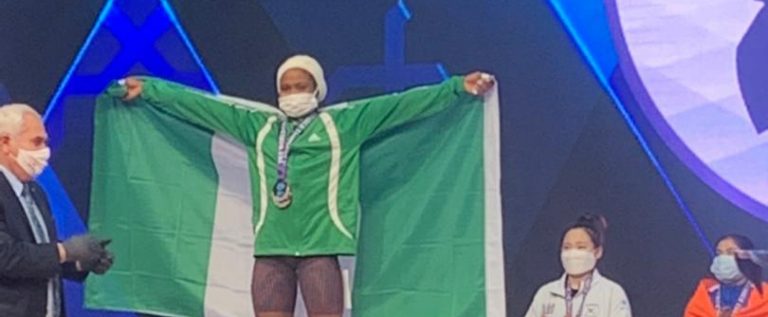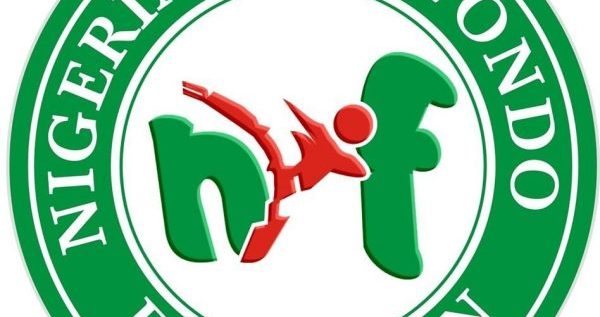Nigerian Athletics: Building blocks for a successful 2019
![]()
It’s the dawn of a new Athletics season, and it is my hope that the administrators of our sport have already mapped out strategies to take Track and Field to the next level in 2019. Athletes F1 pays tribute to stricken Schumacher on his 50th birthday Like I observed in my previous piece, Nigeria recorded modest results in 20 18, with a lot of room for improvement, especially as it concerns our preparation for major competitions. Last year, we participated in the Commonwealth Games (which was the biggest competition for our athletes), African Youth Games, African Championships in Asaba, and then the Youth Olympics. This meant that at senior level, our athletes only competed in two international championships. Well, the IAAF Continental Cup in Ostrava came up a month after the Asaba Championships, but a good number of the Nigerian contingent missed their events as they arrived on Day 1 of the competition due to poor travel arrangements.
The U-20 team missed out on competing at the IAAF World U-20 Championships in Tampere, Finland, last July because no application was made for the issuance of visas for the team until the last minute, and by then it was already too late. Also, the division on the Athletics Federation of Nigeria (AFN) board didn’t help matters, which led to protests being staged by athletes at two domestic competitions, one of them being the All Nigeria Athletics Championships. At the end of the day, the championships had to be cancelled, a first in the history of the competition, which is the biggest event in Athletics on the domestic scene. Those at the helm of affairs must ensure that the mistakes of last year are used as stepping stones for a successful 2019.
The main competition taking place for the Youth (U-18) and Junior (U-20) athletes is the Confederation of African Athletics (CAA) U-18 and U-20 Athletics Championships in Cote d’Ivoire in April. The implication of this is that we have barely three months to prepare for the competition. The 2019 IAAF World Relays will be held in Yokohama, Japan, from May 12th to 13th. The World Relays is in its 4th edition, having commenced in 2014. Subsequent editions took place in 2015 and 2017 respectively. At the 2014 edition, Nigeria’s only medal came from the quartet of Folasade Abugan, Regina George, Omolara Omotoso and Patience Okon George who won Bronze behind the US and Jamaica in the women’s 4x400m with a time of 3:23.41. In 2015, Blessing Okagbare, Regina George, Dominique Duncan and Christy Udoh stunned the field to win Gold in the women’s 4x200m, following a botched baton exchange for US. Nigeria travelled with a depleted team for the 2017 World Relays despite being listed for only three events: the women’s 4x100m, 4x200m and 4x400m. Because the athletes were stretched to the limit, they struggled to make an impact. They eventually had to pull out of the women’s 4x100m final to concentrate on the 4x400m where they eventually placed 7th.
The only consolation was that their 7th place finish qualified the team for the 2017 World Championships in London. Since Nigeria didn’t present men’s teams at the World Relays, our 4x100m and 4x400m men’s squads were absent in London. The World Relays would most likely serve as qualifiers for relay teams at the IAAF World Championships holding between September 27th and October 6th in Doha, Qatar. It therefore goes without saying that our relay teams have to be ready for the challenge. The men and women’s 4x100m and 4x400m teams all won medals at last year’s African Championships in Asaba, but will need to run faster if they hope to put up a challenge in Doha. Ironically, none of Nigeria’s women’s relay teams have a World Championships medal to their name since the inception of the championships.
The men’s 4x100m and 4x400m each have a medal. The quartet of Kunle Adejuyigbe, Sunday Bada, Udeme Ekpeyong and Jude Monye claimed Bronze in the 4x400m in 1995. The team comprising Olapade Adeniken, Davidson Ezinwa, Osmond Ezinwa and Francis Obikwelu won Silver two years later, so the last time Nigeria claimed a World Championships relay medal was in 1997 – more than two decades ago. The last time Nigeria won a medal in individual events at the World Championships was in 2013 in Moscow, when Blessing Okagbare won two medals: Silver in the Long Jump and Bronze in the 200m. This makes her the only Nigerian athlete to win two medals at the same World Championships. She’s also the only Nigerian athlete (male or female) with two individual World Championships medals to their name. The likes of Tobi Amusan, Ese Brume and Chukwuebuka Enekwechi showed great promise in 2018, and if the right things are done, there is nothing to stop these athletes from getting to the podium at the 2019 World Championships. Just before the World Championships is the African Games (August 23rd to September 3rd), which should serve as some form of preparation for Doha 2019. As it stands, we need to hit the ground running if we hope to achieve tangible results this year. Wishing all our athletes well in 2019!
[Vanguard]




